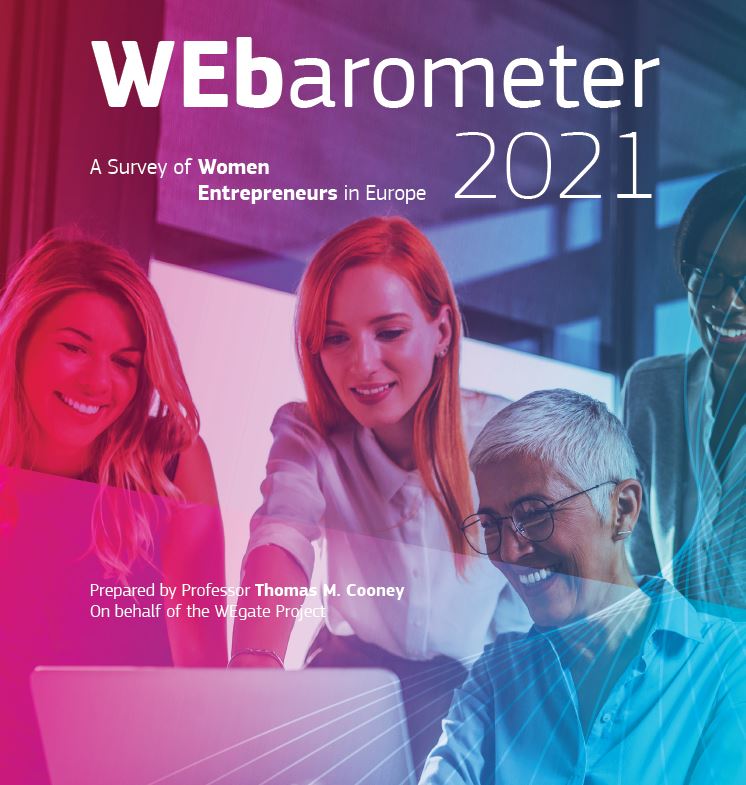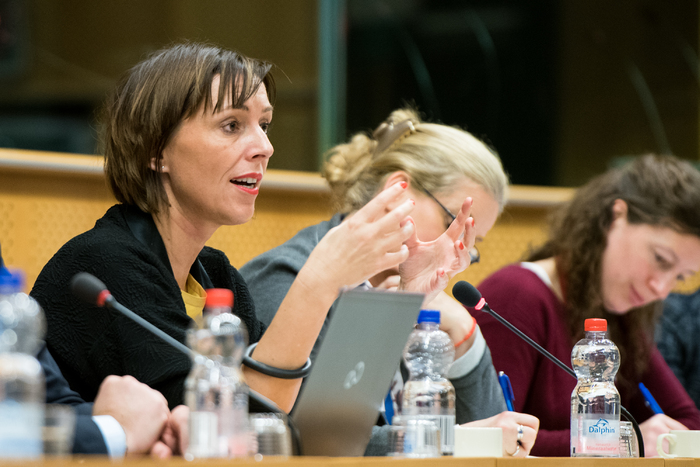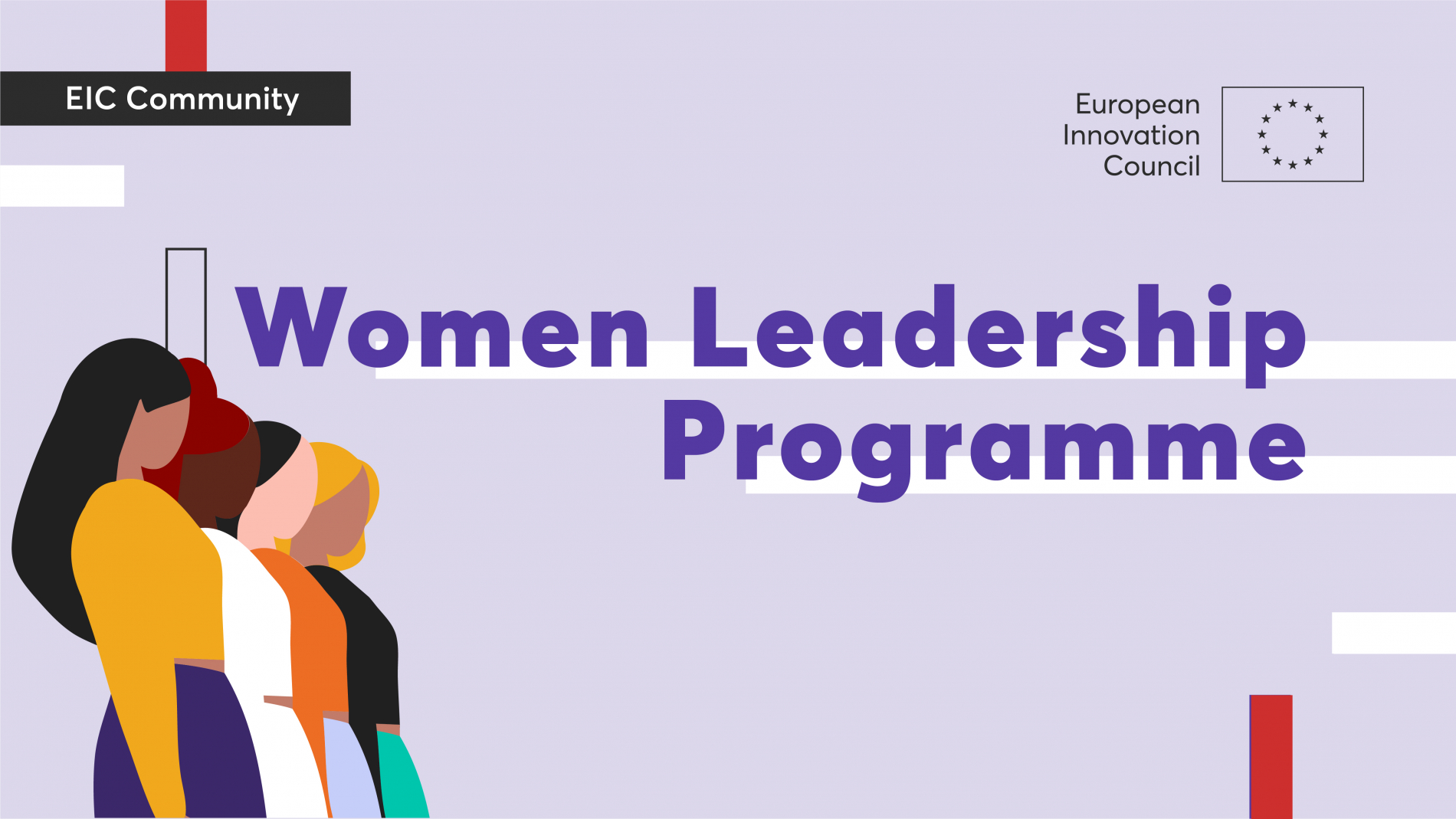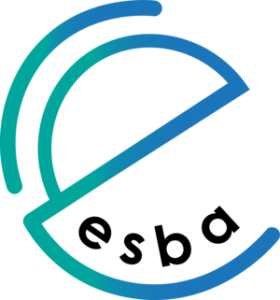
The results of the survey are available in full in the WEbarometer 2021 report.
This year’s edition of the annual survey WEbarometer 2021, run by WEgate, is based on a survey of 316 responses across 25 countries and is dedicated to finding out the best way to support businesses driven by women entrepreneurs in Europe. The survey found that while women make up 52% of the total European population, only 34.4% of the European Union (EU) are self-employed and 30% of start-up entrepreneurs are women.
Results showed that pre-start-up respondents had a poor perception of support with just over 10% rating them as Excellent or Very Good. Just 23.11% of post-start-up respondents rated them as Excellent or Very Good. Both types of respondents believed that ‘Women’s business networks’ offered the most effective enterprise support for women starting a business in their country, followed by ‘State agencies’. Both types of respondents placed ‘Networking programs’ and ‘Mentoring programs’ as the top two types of support required.
This report is the second annual WEbarometer, which each year explores the business sentiments of women who are either in the process of starting or have already started a business. Respondents were divided into two broad categories: (1) Pre-start-up – respondents considering starting a business; and (2) Post-start-up – respondents who already were in business.
Key Highlights:
- Although women make up 52% of the total European population, only 34% of the European Union (EU) self-employed and 30% of start-up entrepreneurs are female.
- Women tend to start their companies without co-founders. For post-start-up respondents, 58% reported that they had no co-founder when they started and 32% had just one co-founder. Of those who started with a co-founder, 44% said that none of their co-founders were women.
- Few are happy with available funding: Less than one-quarter of respondents rated the environment for accessing finance as good or better.
- Almost half (48.12%) of the post-start-up respondents rated the current economic environment as moderate or worse.
- Financing: The main sources of finance for starting a business were identified as ‘Own savings’, ‘Family / relatives’, ‘Government grants’, ‘Government loans’ and ‘Banks – business loans’.
- Financing top challenge: The top three challenges for pre-start-up respondents in the year ahead are ‘Difficulty in securing finance’, ‘Limited business contacts’ and ‘Difficulty obtaining support from state enterprise agencies’
- The three business areas that pre-start-up respondents considered they needed training to help start their business were ‘Financial management and cost control’, ‘Business planning and organisation’ and ‘Fundraising / Investor relations’.
- Very few respondents found that maternity leave legislation is supportive of women starting a business in their country.
There were also some consistent findings when comparing this year’s report to the 2020 WEbarometer including;
- A move to Entrepreneurship for women is often about finding a work/life balance.
- The current ecosystem does not match what the majority of women entrepreneurs are looking for. Government soft loans, mentoring and networking initiatives are the best forms of support.
- Difficulty in accessing finance is still the biggest challenge to growth.





